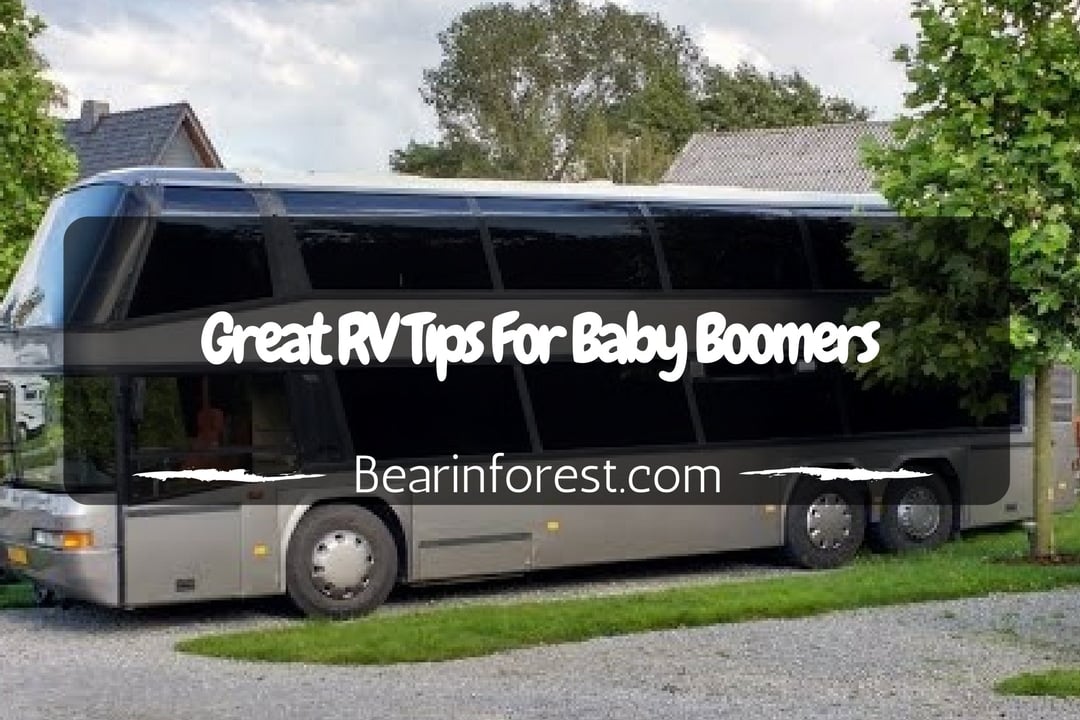Baby boomers are responsible for 70 percent of disposable income in the United States. No wonder this generation is behind 80 percent of the spending done on travel, recreation and leisure.
For the past decade, this has reflected into a 15 percent jump in the sale of RVs. More retirees than ever are getting hooked on the freewheeling RV lifestyle.
Whether you decide to trade your static home for one on wheels or you just want to roll along the road for two weeks, here are some tips that will help you choose an RV for you.

Should you buy one or rent one? Generally, if you are going to travel a few times a year, rent one. If you are going to spend months out on the road camping, buy one. If you plan on buying one, try renting the model first to get a better idea of how well it handles.
Picking a different vehicle for your first few trips is a good way to see what you want in terms of amenities, driving capabilities, and styles. Buying an RV is a major purchase so make sure to do research before you commit.
Stay safe. It is fun and exciting to drive your RV around for a few weeks but always keep safety as your priority. Make sure that it is loaded properly. Too much weight is the cause of many accidents. Research safe, well-lit RV parks to stay at.
Be sure your fire extinguisher is up to date and working. Know how to work the generator. Always leave your itinerary with family or friends so they know where you will be as you enjoy your time in your RV.
Be ready to be handy. RVs are synonymous with mobile homes which means that, like most homes, maintenance is a necessity. If you are renting the RV, check to be sure that the contract covers repairs otherwise you may be responsible for them.

If you own your RV, always be ready to take care of things like dumping the black or gray water tanks, replacing the filters, monitoring propane tanks, and managing the generator. There are many resources online that will help you. Also, your dealer should be happy to help you.
Plan your stays ahead of time. RV parks fill up fast so always book ahead. There are so many all over the US that your chances of finding one with what you want are great. Some have hot tubs, fitness centers and swimming pools. Some are made for families with children and others only want the 55 and over crowd.
If you are going to stay anywhere, be sure you know if there are hookups, cooking facilities and the like. Costs for fuel and food will vary but fortunately, food is often a small part of your budget. Since you can cook in your RV or at the campground you will not have to spend a lot to enjoy your meals.
Be sure everyone can drive. If it is you and your spouse, one is likely to be the designated main driver. Even so, make sure you both can handle driving the RV in case you get road fatigue. The Internet is full of opportunities for finding RV driving classes
in your area. Some lessons are also available on DVD. These will not be a substitute for hands-on training but they can offer visual tips that will help the novice RV driver learn how to operate the vehicle.

Never leave home without it. By it, we mean RV insurance. You also will want to get an emergency medical evaluation in case someone gets injured on the road. Of course, you will enjoy many miles of safe travels, but it helps to make sure that you are covered for any injuries in the event of a medical emergency.
Accessible motorhomes are a big trend nowadays - with many baby boomers getting older and older, accessibility needs increasingly need to be taken into account. Wheelchair accessible motorhomes provide an easy solution to this - check out this Brook Miller motorhome for ideas of what to expect.
Ask your insurance agent for more information. If the RV insurance will not cover these things, look to see if your health insurance will.
You need some kind of provision for what you will do if you or someone with you becomes ill and the rig needs to be driven back home. As long as you are prepared, you should be able to enjoy yourself and your loved one’s company wherever you go.
(This is a guest post)
